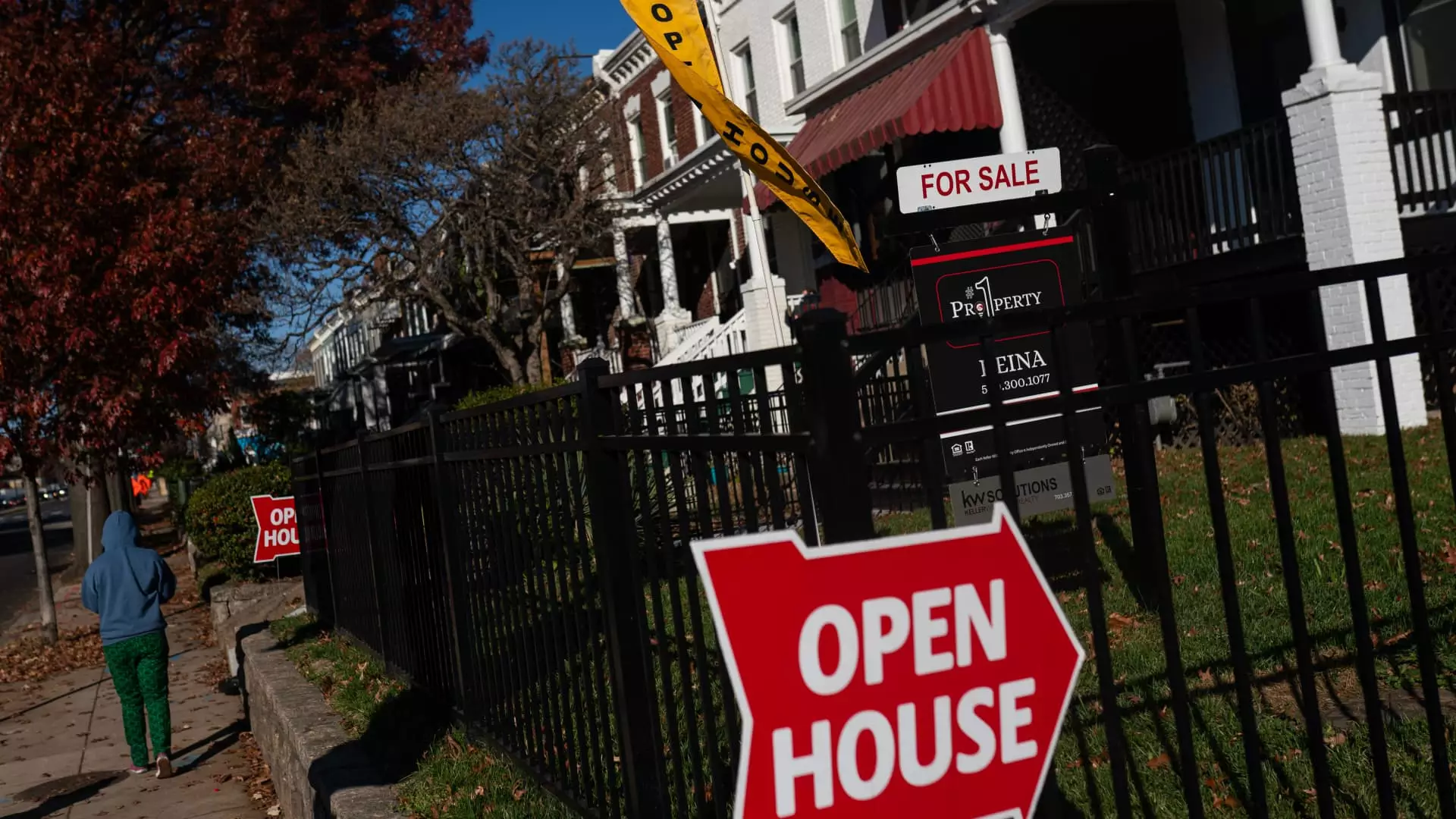Wes Moore, the Governor of Maryland, presents a compelling narrative that underscores the intertwining of personal ambition and socioeconomic barriers. His journey, which began in a military school—a last resort for his troubled youth—symbolizes more than just a story of redemption. It reflects the broader systemic challenges faced by many in today’s society regarding access to opportunities. Moore’s experience highlights how pivotal support systems, such as his grandparents’ sacrifices, are essential in navigating the American dream, particularly in an era where many feel that dream is slipping through their fingers.
His poignant assertion that housing is not merely shelter but a foundational investment in one’s future resonates in the current economic climate. Moore emphasizes the multifaceted role housing plays: it provides security, serves as an asset for emergencies, and offers a legacy for future generations. In an age where financial pressures loom larger than ever, his reflections prompt us to reckon with the harsh realization that homeownership remains an elusive goal for far too many.
The Homeownership Crisis: A Generational Divide
Homeownership has long been an aspirational milestone for Americans, a symbol of success and stability. Yet, recent trends paint a starkly different picture, particularly for the younger generations. Moore’s assertion that 30% of young Marylanders contemplate leaving the state due to exorbitant housing costs is alarming. The statistics reflect a nationwide issue: the affordability crisis is a tragically unaddressed plight, leaving first-time buyers feeling like spectators in a world where ownership seems forever out of reach.
Data from the Urban Institute underscores this divide even further. As median home prices have escalated dramatically since 1980, median household incomes have remained stagnant. This alarming disparity means that today’s 35- to 44-year-olds—once seen as a prime demographic for homeownership—are facing increasingly insurmountable odds. With more than a ten percent decline in homeownership within this age group compared to 45 years ago, the question arises: what future lies ahead for a generation longing to claim their piece of the American dream?
Housing Equity: A Social Justice Issue
Diving deeper into the data, we encounter a troubling racial divide that reveals yet another layer of complexity in the conversation about homeownership. The notable homeownership gap between Black Americans and their white counterparts, highlighted by a Black homeownership rate of just 44.7%, starkly showcases the systemic barriers that transcend simple economic struggle. The increase in Black homeownership, driven by robust wage growth, is overshadowed by the fact that this rate has stubbornly languished below 50% for the better part of a decade. This situation restricts wealth accumulation and fortifies the cycle of poverty that many are fighting against.
Moreover, the disparities in education levels among low-income households further complicate the issue. As fewer heads of households from these demographics attain a college degree, they find themselves at a disadvantage in the competitive housing marketplace. The intersectionality of education, income, and marriage further exacerbates the issue, as those who are married—generally more likely to own homes—are not representative of the overall economic demographic struggling to reach home ownership.
Proposed Solutions: Bridging the Gap
In the face of these daunting statistics, advocacy for transformative policy changes has never been more critical. Proposed measures such as educational initiatives aimed at low-income households, down payment assistance, and streamlined housing production regulations could serve as lifelines for countless families striving for homeownership. The Urban Institute suggests an urgent call to action for policymakers to prioritize housing equity, recognizing it as a cornerstone of wealth building and a pathway to social mobility.
Rethinking zoning laws and opposing unnecessary regulatory barriers could be game-changers in addressing the housing supply crisis. With a severe shortage of affordable housing, ensuring easier access to these homes becomes paramount—not as a privilege reserved for the few but as a right that supports the collective well-being of society.
The Road Ahead: A Call to Action
As we grapple with the unsettling reality surrounding homeownership in America, it becomes imperative for all stakeholders—government officials, community leaders, and citizens alike—to advocate for change. Moore’s remarks are a clarion call for awareness and action, urging us to reshape the narrative around housing from merely a financial endeavor to a moral and social obligation. The need for a concerted effort to dismantle the barriers faced by future generations cannot be overstated. Without a proactive approach, we risk perpetuating a cycle of disenfranchisement that will quietly echo through generations to come.

